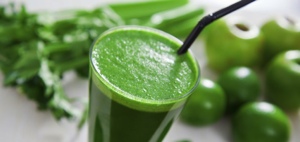 (NaturalNews) The next wave of farmer backlash against Monsanto has just been unleashed by Ernest Barnes, a wheat farmer in Morton County, Kansas. He filed suit this week in the U.S. District Court in Wichita, Kansas, alleging that Monsanto’s genetic pollution has financially damaged himself and other farmers.
(NaturalNews) The next wave of farmer backlash against Monsanto has just been unleashed by Ernest Barnes, a wheat farmer in Morton County, Kansas. He filed suit this week in the U.S. District Court in Wichita, Kansas, alleging that Monsanto’s genetic pollution has financially damaged himself and other farmers.
Barnes’ case appears to be well supported by the facts: Last week the USDA announced the shock discovery that genetically engineered wheat strains from Monsanto’s open-field experiments had escaped and spread into commercial wheat farms. Almost immediately, Japan and South Korea cancelled wheat purchase contracts from the United States, and more cancellations are expected to follow. The more countries reject U.S. wheat due to GMO contamination (genetic pollution), the lower wheat prices will plunge and the more economic damage will be felt by U.S. farmers.
Monsanto now a confirmed genetic polluter
GMO wheat (i.e. “GE wheat”) has never been commercially grown in the United States… at least not on purpose. Experimental fields were approved by the USDA and planted across 16 U.S. states. Until now, it was not known that these GE wheat experiments escaped their designated field plots and began to spread as a form of self-replicating genetic pollution.
For the record, Natural News openly warned about this possibility in a 2012 article called, “Stop Out-of-Control Science.” There, I wrote: Read the rest of this entry
 Friday, May 31, 2013 By: Elisha McFarland
Friday, May 31, 2013 By: Elisha McFarland
